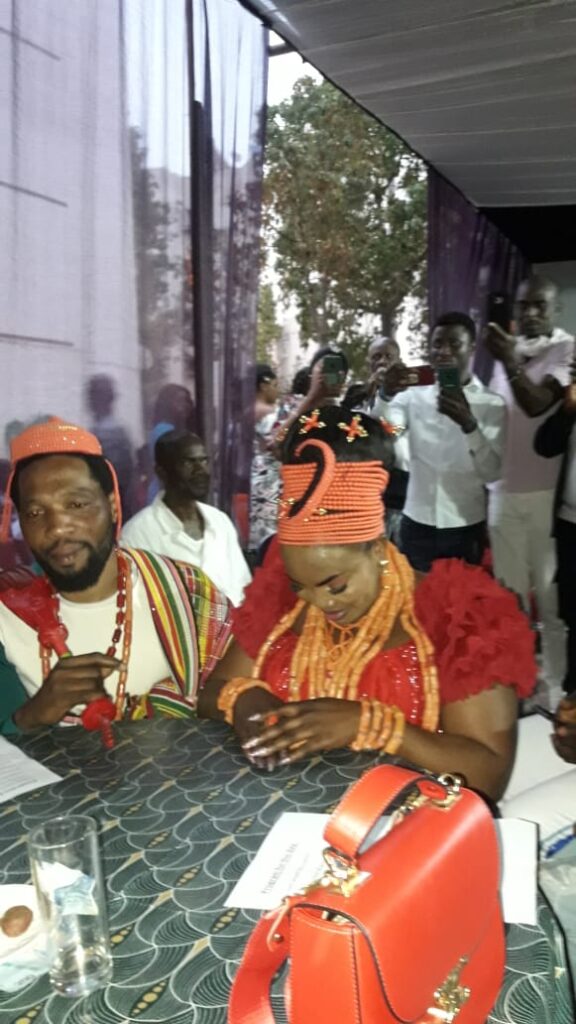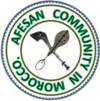Esan Traditional Events
Events
Esan Festivals
Ihuan Festival:
♦ What it is: The most important and widely celebrated festival among the Esan people, honoring the new yam harvest.
♦ When it’s celebrated: The festival occurs annually, with specific dates varying by clans and kingdoms.
Esanland is a land of traditional feasts which are celebrated to commemorate great historical landmarks of the past. By far the most important and widely celebrated feast in the land is “IHUAN”, the new yam harvest festival. Ihuan is celebrated clan by clan and in each clan. it is held in one village after another The new yam festival is an annual event which involves entertainments and a lot of eating drinking and general merriment particularly in the harvest in any particular year is really bountiful. Friends and relations from other places are welcome to a lavish feasting for three to four days. Various dances mark the celebration. But the traditional ruler of the clan would normally signal the commencement of the festival when he, accompanied by top traditional chiefs who handle various palace affairs, dances to the shrine of the particular deity responsible for the rich harvest to offer prayers and sacrifices to appease it. Such sacred dances by the Onojie are usually accompanied by pulsating drumming with a large crowd of people at the background all wishing the traditional ruler success (lyare) as he proceeds to pay homage to the deity.
Other Festivals:
♦ The Esan people also celebrate other cultural feasts to commemorate historical landmarks.
♦ The timing of these festivals often aligns with agricultural cycles.
. However, some festivals recur annually or every few years and generally fall within specific seasonal periods.
Annual festivals
- Ihuan (New Yam Festival): Celebrated across Esan communities to mark the new harvest. The specific timing varies by village, but it typically takes place from August through November.
- In Eguare, Uromi, the Ihuan festival was scheduled for September 21, 2024, and was planned for September 2025.
- In Ogidi-Ela, it is celebrated annually on June 15.
- In Ohordua, the festival is held in October.
- Ukpe Festival: Observed by the Esan community as a time of cultural expression and unity, typically in the third quarter of the year, around August or September.
- Ighele Festival: A traditional festival involving dances and rituals. The timing varies by community.
- In Ewu, it is held annually in June.
- In Ukuaza (Uzea), it takes place around August or September.
- Ancestor worship: In Uromi, a day is set aside for the general worship of ancestors around March or April, after the rainy season has begun.

